Home » History of MDS Global
MDS Global began life in 1985, when entrepreneur Martin Dawes recognised the potential of emerging cellular technologies and service provision models, and launched Martin Dawes Telecommunications Ltd (MDT), a mobile virtual network operator that sold to both consumers and enterprises.
MDT was truly innovative, supplying mobile phones and services that used the networks of both UK operators at the time: BT Cellnet and Vodafone. All contracts were MDT-branded, as were many of the phones.
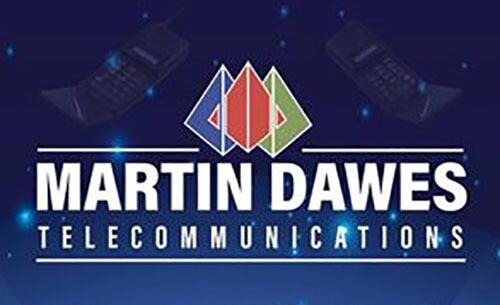
In the early years, growth was slow due to the prohibitive cost of phones. However, as MDT’s subscriber base grew beyond 10,000, it became clear that the business could not depend on the billing bureau service offered by the networks, as they were far too slow and cumbersome. There were no viable BSS vendors in the market at the time, so in 1987, MDT decided to develop its own in-house billing system. A small team of software engineers were hired and subsequently laid the foundations for Martin Dawes Systems.

European expansion
In 1989, Racal Telecom (now Vodafone Group PLC) acquired a 20% interest in MDT, which enabled MDT to focus on growing its business activities, including expansion into the newly formed European mobile markets.
MDT had established offices in Germany, France and Italy with a view to becoming an MVNO in these territories. As the European markets followed the UK’s lead and launched independent MVNOs, MDT launched a partnership with France Telecom to extend its reach throughout Europe. As well as its enterprise and dynamism, a key attraction for France Telecom was MDT’s technology and know-how.
The beginning of BSS
Alongside their French partners, MDT established billing and customer care operations in several European countries to support the rapidly growing MVNOs in these territories. However, this increase in countries covered, together with the overall growth in subscriber numbers, the complexity of billing structures and new multi-play requirements, all put pressure on MDT’s internal billing systems.
Again, the BSS market offered no off-the-shelf solution which could meet MDT’s needs, so it was decided that MDT would build a new BSS solution in-house. With support from France Telecom, a newly expanded team of software engineers, many of whom are still at MDS Global today, created Dawes Information Systems Europe (DISE), a fully-convergent billing and customer care system. DISE went live in 1995 – first in the UK and then across Europe.
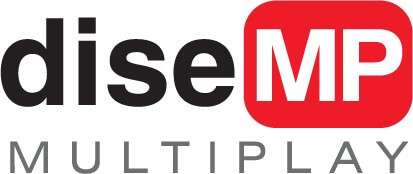
DISE MP, an iteration of MDT's BSS solution.

Going Global
In 1995, MDT entered into a joint venture with an Australian entrepreneur to support Vodafone’s new network in that country. This required a team being placed onsite to implement DISE as a local BSS solution. This was the first test of DISE in a new territory.
It went live in three months and, within a year, was supporting over 300,000 subscribers on the Vodafone and Telstra networks. Further overseas expansion followed with the acquisition of Cellphones Direct, a UK off-the-page operation, which also had a start-up operation in South Africa. This proved to be a very successful business model in the developing market.
By the end of the 1990s, MDT had operations supported by DISE in eight countries worldwide. In some cases, DISE was used to support non-mobile subscription services, such as an electricity company in New Zealand.. MDT also used DISE to manage their Managed Service customers in the UK, which included Sony, Granada and Scottish Telecom.
Martin Dawes Systems
In 1997, MDT decided to formalise the status of the IT department that created DISE, creating a new company called Martin Dawes Systems Ltd as a standalone business, albeit a subsidiary of MDT.
Martin Dawes Systems owned the rights to DISE and earned its revenues through charging a monthly fee per subscriber to its parent and associates; an early example of a recurring revenue model. In the same year, MDT opened a call centre in Limerick, Ireland, to aid with business continuity and application support.

The dot-com boom
By 1999, the dot com boom meant that the telecommunications industry was a very exciting place to be. The market was changing rapidly and MDT was changing with it.
Martin Dawes Business Communications Ltd was launched to take advantage of the deregulation of fixed line services in the UK. The most significant event, however, was the sale of MDT, along with 1.5 million subscribers, to BT Cellnet, the UK’s largest network operator at the time. This meant that Martin Dawes Systems now stood as a fully independent business, though it retained BT Cellnet (rebranded to BT Cellnet-Lumina and subsequently renamed O2) as a customer, which continues to this day.
Also in 1999, the Limerick office was converted from a call centre to a development hub for Martin Dawes Systems.
In 2000, Martin Dawes Business Communications merged with Opal Telecommunications to become Opal Telecom (now TalkTalk Business). Opal recognised the capabilities which DISE offered in managing their customers and became the second customer for Martin Dawes Systems.
Martin Dawes Systems was now in a position to seek new business outside its traditional space. In 2001, ACN signed a contract with Martin Dawes Systems for a licensed Enterprise Management Solution (DISE 2.0), managing wireline and wireless subscribers across 18 countries in Europe. Over the three-year contract, Martin Dawes Systems enabled ACN to launch new fixed-line services in Norway, and migrated 440,000 subscribers to DISE.
Achieving service excellence
In 2002, Martin Dawes Systems won a contract with Project Telecom, a Vodafone B2B reseller, to manage their 400,000 mobile and fixed line subscribers and consolidate their billing systems. In the same year, Martin Dawes Systems received ISO 9001 TickIT accreditation, the global standard for quality management systems. The business continues to be audited twice a year to ensure it maintains this standard.

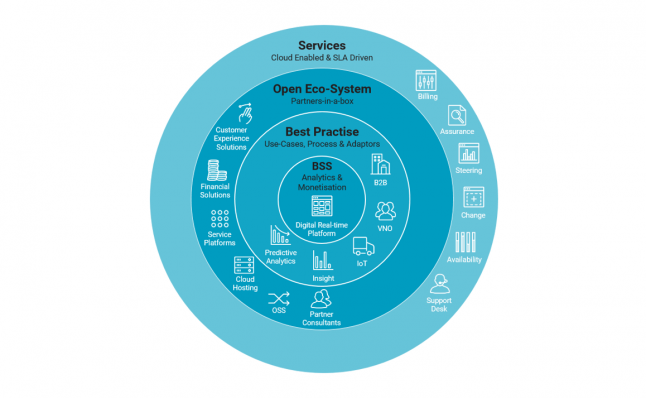
BSS as a Managed Service
In 2003, Martin Dawes Systems launched its Managed Service. This Managed Service gave customers the freedom to outsource their hosting, billing and assurance operations to Martin Dawes Systems, freeing them to focus on their core business activities. The first Managed Service customer was BT Retail.
Expanding the portfolio
In 2005, Martin Dawes Systems acquired Boston-based revenue assurance company Lavastorm, gaining new customers such as Comcast, KPN and Alltel. In the same year, Martin Dawes Systems won a three-year Managed Service contract with Your Communications.
In 2006, TalkTalk Business, then owned by Carphone Warehouse, acquired AOL UK, gaining 2 million fixed-line subscribers. Originally this base was meant to be managed through internal Carphone Warehouse systems, but this proved problematic. Martin Dawes Systems was therefore challenged to come up with a solution to migrate and manage the whole base. This was successfully achieved by mid-2007.

Also in 2007, Martin Dawes Systems was selected by Aircell (GoGo Business Aviation) to help them launch their ground-breaking inflight WiFi solution across continental North America. The solution included eChat, Product Centre and in-flight charging of GoGo customers.
The evolution of DISE
In 2009, Martin Dawes Systems rebranded to MDS. DISE continued to evolve through various iterations and releases, and then in 2011, with release 5.0, was renamed CMP (Customer Management Platform).
Also in 2011, MDS won a contract with Irish operator eircom, which later became Eir. Eir uses CMP to enable fixed-line, mobile and data services to business and government contracts.
Shortly after this, in 2012, MDS partnered with Fujitsu to deliver a fully-assured customer care and billing platform to the Post Office Ltd for their UK home phone and broadband customers.
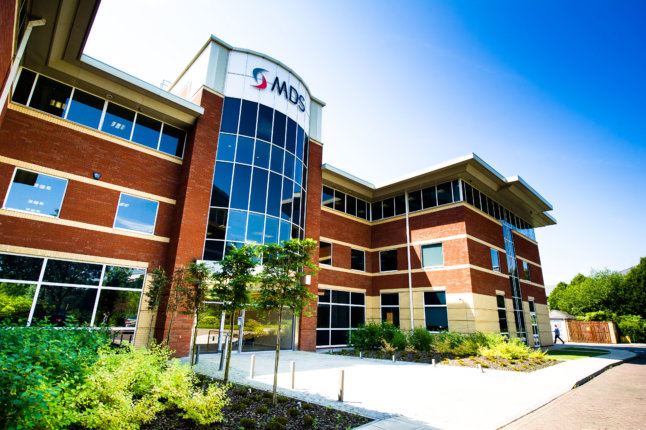
MDS Global offices, headquartered in Warrington
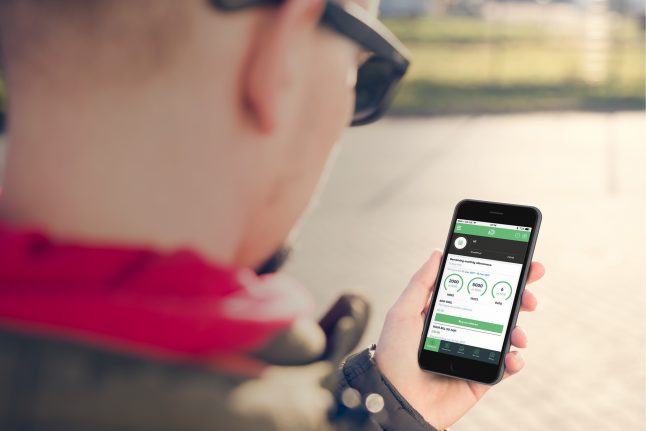
iD Mobile has the flexibility to innovate through personalisation and customisation.
Enabling digital disruption
In 2013, MDS partnered with Matrixx Software to offer a fully convergent, real-time, pre- and post-paid billing platform.
Carphone Warehouse, in conjunction with Tech Mahindra, became the first customer to use this solution, with the launch of their MVNO iD Mobile in 2015.
Analytics as a Managed Service
In 2018, MDS announced a partnership with Openet to offer a real-time charging component in its BSS-as-a-Service offering. Shortly after this, the company rebranded to MDS Global to reflect its global ambitions and its position as a leader in the BSS-as-a-Service space.
Following this, MDS Global launched its VNOnDemand Analytics solution, a suite of essential analytics designed specifically for MVNOs. The latest VNOnDemand Analytics customer is Parlem, a Catalonia-based service provider.
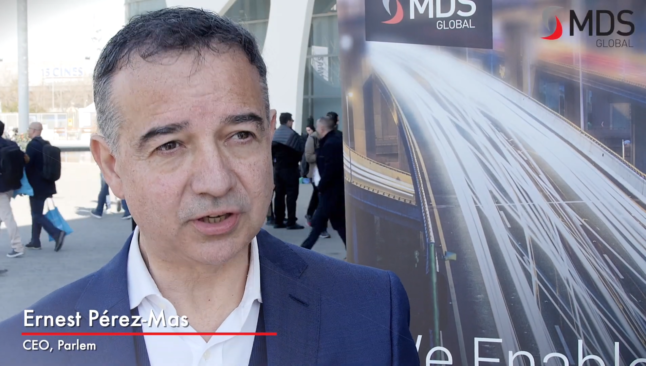
Cloud Monetisation Platform
In 2018, MDS Global won a contract with Mexico-based MVNE, VADSA. MDS Global’s VNOnDemand solution was chosen to facilitate the launch of their new MVNO, Exis Telecom.
In 2019, MDS Global renamed their customer care and billing platform from Customer Management Platform to Cloud Monetisation Platform, although it is still known as CMP.
This corresponded with the latest release of the platform: a cloud-based solution designed to monetise MVNOs, IoT and B2B service providers.
Learn more about MDS Global's CMPGrowing and changing
In July 2019, MDS Global was acquired by Lumine Group (TSXV:LMN). Learn more at www.luminegroup.com.
Today, MDS Global has around 250 employees across its Warrington and Limerick offices. We have won numerous awards for our BSS and Managed Service solutions, including Best MVNO Facilitator, and are one of the world’s most recognised and trusted providers of BSS-as-a-Service.


